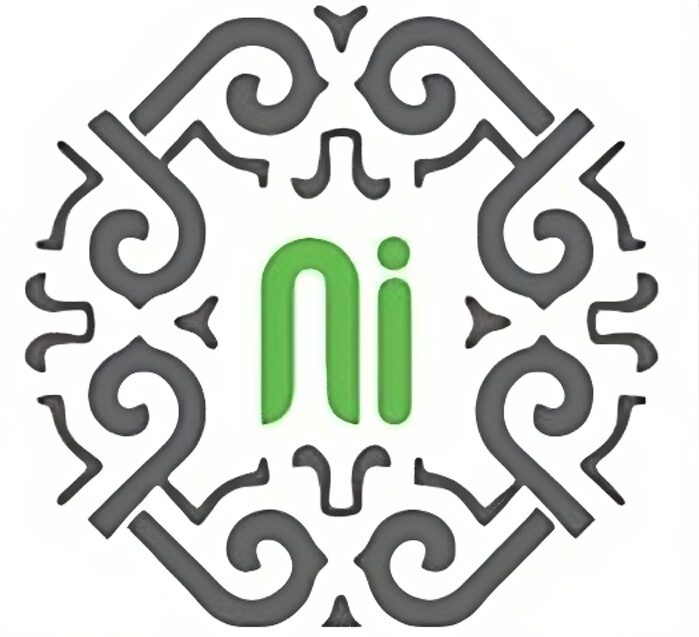XANTHUM GUM
Xanthan gum is a polysaccharide, a complex carbohydrate formed through the fermentation process of glucose or sucrose by the bacterium Xanthomonas campestris. This natural thickening agent has gained widespread use across various industries, particularly in the food and beverage sector, due to its exceptional properties. One of its primary functions is as a thickener, where it can increase the viscosity of liquids, providing stability and preventing separation. Its ability to bind ingredients together makes it invaluable in gluten-free baking, mimicking the role of gluten in traditional recipes. Furthermore, xanthan gum can suspend particles within liquids, preventing sedimentation and maintaining a consistent distribution of ingredients. Its widespread application extends to a diverse array of products, including dairy items, bakery goods, beverages, and gluten-free alternatives, where it serves as a key ingredient in achieving desired textures, consistencies, and shelf stability.


Features
- Natural Origin: Xanthan gum is derived from the fermentation of sugars by a naturally occurring bacterium, making it a natural and sustainable ingredient choice for those seeking environmentally friendly options.
- Texture Enhancement: Xanthan gum can improve the texture and mouthfeel of products by increasing viscosity and providing a smooth, creamy consistency, enhancing the overall sensory experience for consumers.
- Gluten-Free: It is widely used in gluten-free recipes as a substitute for gluten, helping to bind ingredients together and providing structure in baked goods without compromising texture or taste.
- Improved Shelf Stability: By preventing ingredient separation, settling, and syneresis, xanthan gum helps extend the shelf life of products, maintaining freshness and quality over time.
Benefits
- Improved Texture: Xanthan gum enhances the texture of various products, making them smoother, creamier, and more enjoyable to consume. In foods like sauces, dressings, and desserts, it creates a pleasing mouthfeel.
- Enhanced Stability: Products with xanthan gum are less likely to separate or undergo undesirable changes in texture over time.
- Increased Shelf Life: Xanthan gum helps extend the shelf life of products by preventing moisture loss, inhibiting microbial growth, and maintaining structural integrity.
- Allergen-Free Alternative: Unlike some other thickening and stabilizing agents, xanthan gum is not known to cause allergic reactions in most individuals. This makes it a safe choice for consumers with food allergies or sensitivities who need to avoid common allergens like gluten, dairy, or nuts.


Applications
- Sauces and Dressings: Xanthan gum can be used to thicken and stabilize sauces and dressings, improving their texture and preventing separation.
- Bakery Products: In gluten-free baking, xanthan gum acts as a binding agent, providing structure and elasticity to doughs and batters.
- Beverages: Xanthan gum can be used to suspend particles in beverages, prevent sedimentation, and create a smooth, consistent texture in drinks like smoothies and juice blends.
- Cosmetics: Xanthan gum is used in cosmetic formulations such as lotions, creams, and gels to provide viscosity, improve spreadability, and stabilize emulsions.
- Paints and Coatings: It can be added to paints and coatings to improve their rheological properties, enhance flow and leveling, and prevent settling of pigments and fillers.
